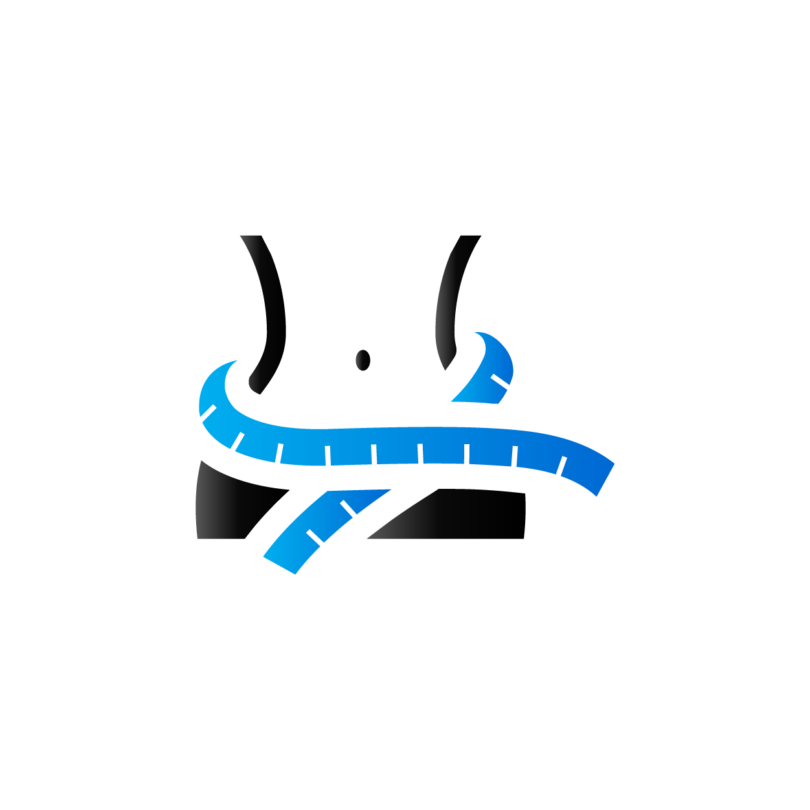Most diet advice comes down strongly on one side or the other of the low fat vs. low carb debate. According to some experts, that’s a mistake. The best diet, might, in fact, benefit by some of both.
Menno Henselmans, a personal trainer and bodybuilder from the Netherlands who is known in training circles for providing research-based nutrition advice, says most people are focusing on the wrong thing.
The first thing to understand is that the primary determinant of whether someone will gain or lose weight is calorie balance. If you eat more calories than you expend, you’ll gain weight. Burn more calories than you consume, and you’ll lose weight, barring possible water-weight retention.
Studies have consistently upheld the importance of calorie balance as a determinant to weight loss. Henselmans cautions that “when determining the effects of any diet on your weight and body composition, always keep total energy balance over time in mind … the laws of physics cannot be bent.”
Henselmans advocates focusing less on carb vs. fat content and more on eating foods with a high satiety index — that is, foods that are more filling on a calorie-for-calorie basis. He advises his clients to make vegetables and fish the core of their diets, eat lots of meat and fruit and to strictly limit added oils and starchy, grain-based foods.
The diet debate often centers around the alleged hormonal effects of eating fats and carbohydrates. The low-carb camp claims that carbohydrates promote obesity and inflammation by spiking insulin. Advocates of low-fat dieting think that fat is more likely to be deposited directly into your fat stores, and that high-fat diets cause dangerously elevated cholesterol levels.
According to Henselmans, both groups are mostly wrong. Both fat and cholesterol are vital nutrients that your body needs to produce hormones like testosterone and estrogen. Research shows that a moderate- to high-fat intake supports healthy hormone levels and muscle growth.
As for carbohydrates, Henselmans does caution against excess consumption, but stresses that the role of insulin in the body has been widely misunderstood. Insulin actually has an appetite-suppressing effect, and too little insulin can be as bad as too much. Carbohydrates also help your body produce melatonin — the hormone that regulates sleep and wakefulness — so he advises having some in the evenings.
In recent years, studies have revealed that cutting back on fat doesn’t always contribute to a lower risk of heart disease or a reduced chance of dying early. In fact, some studies show the opposite — that people who eat extremely low amounts of fat tend to die earlier.
In 2017, researchers at McMaster University in Ontario, Canada, looked at how diet affects health and mortality. Their study, published in the journal Lancet, found that people might benefit more by lowering the amount of carbs they eat as opposed to lowering fat.
Research generally shows that on average, people get similar results from low-fat and low-carb diets. But averages rarely tell the whole story.
“Large variation in the metabolic response to high- and low-carb diets have been found between individuals,” Henselmans says. Some people will be leaner on a low-carb, or even no-carb diet, while others will be leaner on a high-carb diet. Most people fall somewhere in between and are better off practicing moderation.
There are blood tests to measure your carbohydrate tolerance, but you don’t necessarily need them. You can experiment with eating meals that have varying levels of fat and carbohydrate content and see which type of meal leaves you feeling the best. The best diet for you will be the one that gives you the highest energy level in the hours following a meal.
According to Henselmans, “fat intake should whenever possible be kept at a minimum of 20 percent of total energy intake,” and for most people it could even be as high as 40 percent. People with an extremely low carbohydrate tolerance may consume 60-80 percent of their total calories from fat.
Carbohydrates can range from 5 percent of total calories for people with a low-carb tolerance, to 20-40 percent for the average person, to over 50 percent for athletes.
With so many diets out there, from ketogenic to paleo to whatever’s trendy at the moment, ultimately, the best diet for you is one that you can stick to and that makes you feel good. For most people, that means moderate intakes of both fat and carbohydrates.

